Although we had been in Laos just a short time, I thought I was making progress in learning the language. So, when our six-month old daughter needed a vaccination, I felt confident to take her to the clinic. I tried to tell the nurses that she needed a sakjaa, meaning “shot of medicine.” But I accidentally said she needed a supjaa, meaning “cigarette.” She is a little too young to start smoking! — KR
Vanquishing the Darkness
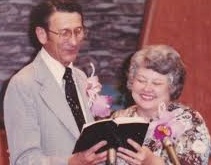
Lavern and Evelyn RodgersA bomb wrestled through the air, while the loud cracks of the blast set homes ablaze. The people of war-torn Japan sat in the darkness of an uncertain eternity. Soon after, former Navy man Lavern Rodgers and his wife, Evelyn, arrived with the good news of the Gospel.
In 1945, Lavern Rodgers first heard his Macedonian call through the exhortation of General Douglas MacArthur who, quoting Matthew 5:44a: “Love your enemies,” made the appeal for 15,000 missionaries to come to Japan. Lavern Rodgers knew that in order to follow God’s call on his life, he would have to replace his personal hatred for the Japanese with God’s love for them. He wrestled with the Lord. Would he do the unimaginable and go tell His enemies about Christ? Knowing he could never win a fight with God, he surrendered.
To prepare, he attended Bible Baptist Seminary in Fort Worth, Texas, where God spoke to him through a quote from William Carey: “Attempt great things for God. Expect great things from God.” With these words ringing in his ears, he and his wife, Evelyn, took the rocky boat voyage to Japan in September 1950. After thirty-three days, the Rodgers finally arrived in the bombed out city of Yokohama. Even Shizuoka, the city where they began their first work, was 60% destroyed. In the midst of these depressing surroundings, they kept their eyes on Jesus.
The Lord opened up amazing opportunities for church plants to begin. They were able to start churches in nine different cities between 1950 and 1967. Lavern Rodgers said that “Planting churches is like planting trees. They are foundational to a Biblical ministry. These are our trees.” But building a church in post-war Japan was not going to be an easy task. He and his friends had to tear down buildings and reuse the scraps to build their first church in the city of Shizuoka. This was a great lesson for the Japanese people, because it taught them to use what God provides.
Many young Japanese would soon attend the services. A girl named Sachiko Saigo Yasuba described the church as having a warmth and brightness she had never experienced. As a struggling wife, she came looking for pity but instead found a warm greeting from Evelyn Rodgers who took her by the hand and showed her the Romans Road. Sachiko was amazed to learn that she did not know God. This was the reason she had so much trouble and wrong in her life! Overcome with the knowledge of her sin, she wanted to throw herself on the Lord and no one else. With open arms, she received the Lord as her Saviour that day, and all the darkness became light.
Lavern Rodgers is ninety-three years old and still resides in Japan. He once said, “There is nothing more rewarding in life, than going where God’s finger points.” Will we go where God’s finger points us? Or will we, like Jonah, refuse to go? We must spread the message of Jesus, for only His light can vanquish the darkness!
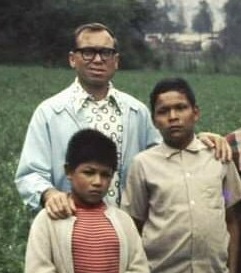
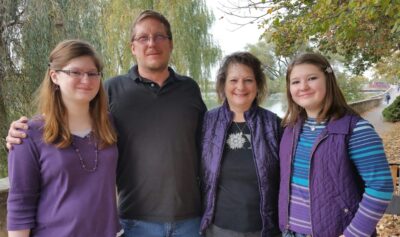
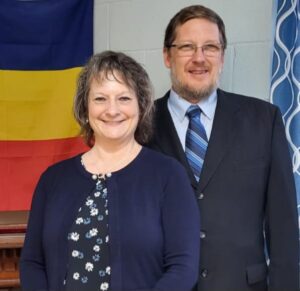
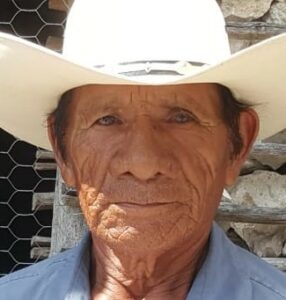 Ten thousand Pame live in San Luis Potosi, a state of central Mexico. They call themselves Xiúi meaning “indigenous.” The Pame cultivate maize, beans, squash, and chili which constitute their main diet. However, the soil is poor and rocky and many Pame are migrant workers.
Ten thousand Pame live in San Luis Potosi, a state of central Mexico. They call themselves Xiúi meaning “indigenous.” The Pame cultivate maize, beans, squash, and chili which constitute their main diet. However, the soil is poor and rocky and many Pame are migrant workers.
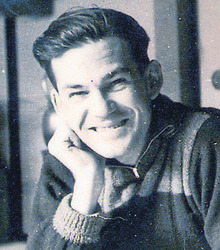
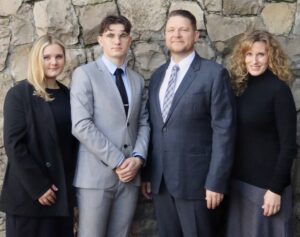
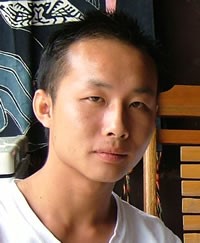
 Before we learned the importance of pronouncing Thai with the proper tones, we would get into a taxi and tell the driver where we wanted to go. The drivers always did a double take and looked at us strangely. We later learned that instead of saying that our destination was Muang Ake, we were saying “knock on your head.” —Vicki
Before we learned the importance of pronouncing Thai with the proper tones, we would get into a taxi and tell the driver where we wanted to go. The drivers always did a double take and looked at us strangely. We later learned that instead of saying that our destination was Muang Ake, we were saying “knock on your head.” —Vicki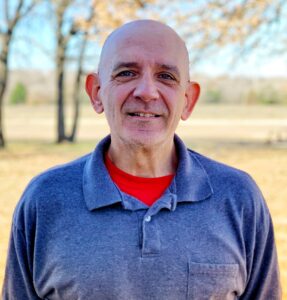
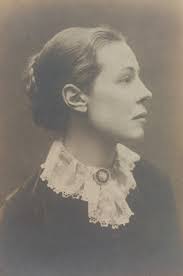
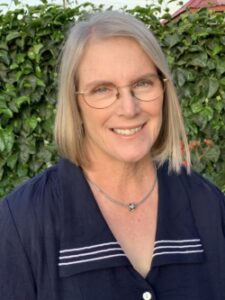
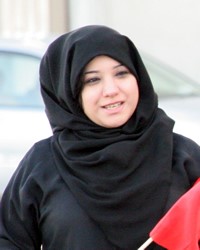
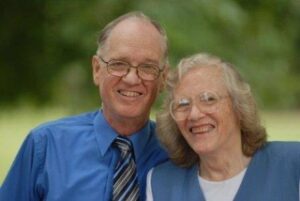
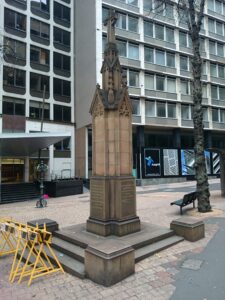
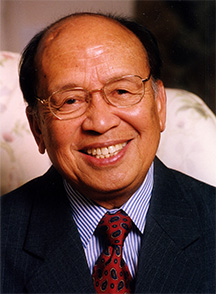
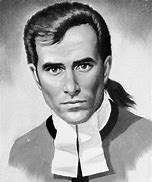
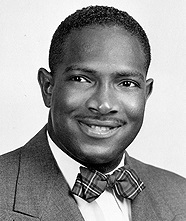
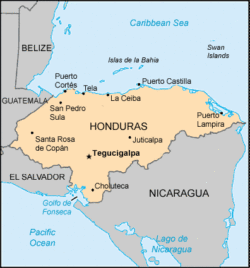


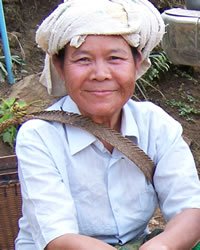 The Karen tribe was the lowest class in Burma. Called the “wild men of the jungle,” they were oppressed and despised but were not without hope. They had a cultural legend that a messenger from across the sea would bring them the lost book written by the Creator-God.
The Karen tribe was the lowest class in Burma. Called the “wild men of the jungle,” they were oppressed and despised but were not without hope. They had a cultural legend that a messenger from across the sea would bring them the lost book written by the Creator-God.